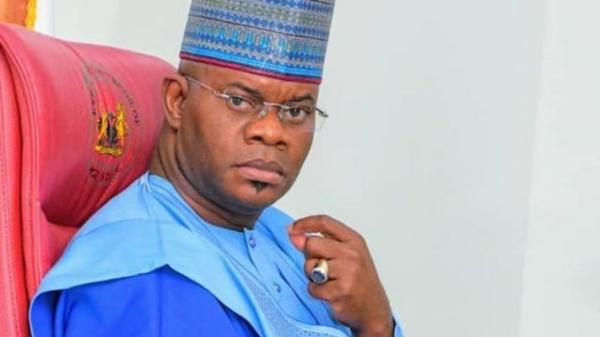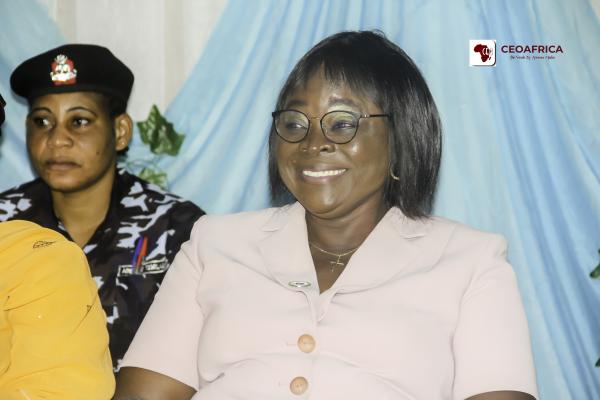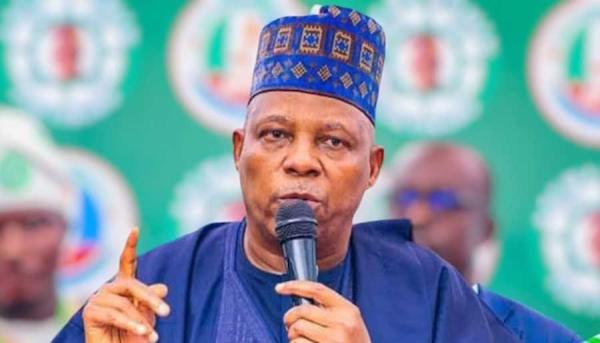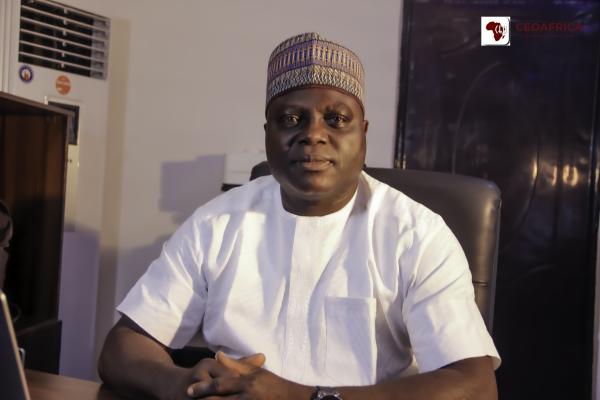
There is a common adage in Nigeria that “experience is the best teacher “. This is simply saying that you draw from the lessons of history. Today in Nigeria the youths as indeed the wider public are disinterested in historical knowledge. It is more appalling in the case of the youths because they are the ones to hold the reins of leadership in the future.
The question then is, how do we draw the Nigerian public out of this lethargic attitude to history? How do we make it attractive to the youths particularly as we embark on the process of putting history back in the curriculum? How do we ensure its relevance to the polity?
For Nigerians particularly the youths, to be drawn to academic and popular history, themes in Nigerian history must be seen to resonate in contemporary Nigeria; to make sense to the people’s lived in experience. Thus utilizing Eurocentric models and theories to explain for instance the dynamics of working children will fall flat. The resultant effect of producing historical knowledge that de-links the people from their traditions and culture is a society in flux devoid of identity neither Western nor Nigerian.
Could that be where we are heading…or if we consider the children of the elite class, are we already there? The onus lies on scholars of history to deconstruct dominant knowledge production as laid down by the West and write our history from our own point of view. We need to talk about our way of life, the way we lived it not the way the Europeans and others think we lived it. We have to bring our life experiences to the attention of the wider public; to go beyond state-centric histories to incorporate the voices of our unsung heroes, the women and children.
It is not enough to write as stated above, history from the local perspective; it would take more than this to make the youths devour historical knowledge like they do other things. One way out is to rescue historical studies from its copious and tedious read. A common complaint by young people about history is that it is boring and entails too much reading. In an age of ‘quick fix’ and digital information, history can only survive if its knowledge production utilizes these new technologies.
There is the need to take advantage of the information technology to push forward the conversation on history. Not only should we utilize the internet to re-awaken historical consciousness, efforts should be made to make it more visual. YouTube videos, blogs, documentaries, these are all ways of interesting the young minds in their history. Creating songs, poems about historical icons and events would elicit more interest for students in the primary and secondary schools. More visuals should be employed in the classrooms and school trips to historical sites undertaken.
In Nigeria today, schools organize field trips to exotic locations like Dubai, and parents rush to pay and are quick to boost to their friends about it. It has become a status symbol. These children learn French, German, and Spanish but know nothing about their local languages. How can we leave the reigns of leadership to a generation that is rudderless, lost between the West and their country Nigeria?
Yes, we need to re-awaken the yearning for our history but alongside that is to make it relevant to policy making. Therein lies much of the attack on history; it has no bearing to policy making. Historical resource however is employed by policy-makers in diverse situations and areas without a conscious appreciation of the fact.
In a report on Making History Work drawn from seminar series on the topic and sponsored by the Arts and Humanities Research Council (AHRC) and Institute for Government, the authors point out that policy officers and academics interviewed acknowledge the importance of history in policy-making particularly in “providing instructive parallels; or as a means to challenge existing paradigms and identify major paradigm shifts…in understanding political narratives ; (and) in framing the terms of debate”.
In essence, in providing context, history is utilized in policy making. Ade Ajayi one of the icons of Nigerian historiography observed that without history, a nation has no “sense of purpose or direction or stability” and its values “remain superficial and ephemeral”. E. A. Ayandele called our National Development Plans ‘soulless’ because of its relegation of history to the backwaters and the exaltation of science and technology as the pathway to development.
The latter alone cannot lead to consolidated growth. Ironically the National Aeronautics and Space Administration (NASA), one of the foremost agencies in scientific research has a Chief Historian! In 1959 T. Keith Glennan, the first administrator of NASA established the NASA History Program. The office is responsible for preparing books, monographs and special studies on aerospace history in the United States. Over time NASA History office has evolved into a veritable source of information for NASA staff, researchers, and policy-makers.
Unfortunately in Nigeria, a big gap remains between historical studies churned out by academics and its engagement by policy-makers. The impact level of historical scholarship on policy outcome is negligible. Bayelsa state remains the first and only state to formally institute the deployment of historical knowledge in government with the establishment of the office of the Chief Historian of the State. Through his office the activities of Bayelsa State government has been documented and disseminated in the form of book publications, and seminars. It is hoped that other States will emulate this noble gesture.
Efforts to close the gap between historical studies and policy-making require scholars to become more visible beyond the academia. We need to stop the inertia and be more vocal on issues of national development. A lot of history scholars are internet shy. We need to promote ourselves and our activities through networking, publishing and online presence. We need to get Nigerians talking history. We need to show its relevance.
Let’s keep talking history
Dr. Mfon Umoren Ekpootu is a Senior Lecturer at the University of Port Harcourt, Rivers State, Nigeria.(www. http://www.mfonumorenekpootu.org)
Please Note: This is an unedited article and the raw opinions of the writer.






















